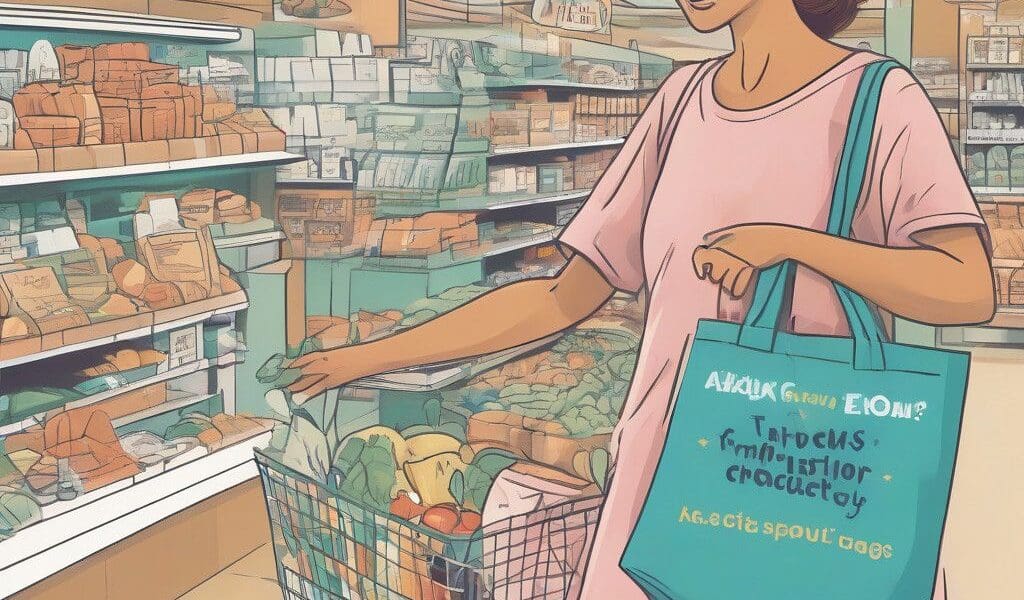On September 22, 2024, California Governor Gavin Newsom signed into law a significant piece of legislation aimed at reducing plastic waste: the outright ban of all plastic shopping bags at grocery stores. This move builds upon an earlier ban on thinner plastic bags enacted a decade ago, making it clear that the state is taking a more aggressive stance against plastic pollution. The new law, which prohibits not only the traditional thin plastic bags but also thicker bags marketed as reusable or recyclable, will take effect on January 1, 2026.
State Senator Catherine Blakespear, a co-sponsor of the bill, has been a vocal advocate for this initiative. In a post on the social media platform X, she articulated her excitement over this significant step towards minimizing the state’s reliance on single-use plastics. Blakespear expressed gratitude to the many partners who contributed to making this law possible, emphasizing the collaborative effort behind it.
Recent surveys show a surprising opposition among consumers against the banning of plastic grocery bags, reflecting a complex relationship between convenience and environmental sustainability. While many Californians support efforts to reduce plastic waste, they also appreciate the convenience provided by plastic bags, particularly during grocery shopping. Consequently, striking a balance between environmental responsibility and customer convenience has become increasingly crucial for businesses.
In early 2024, the California Grocers Association (CGA) provided a public endorsement of this legislation. Ron Fong, CGA’s president and CEO, emphasized that consumers are increasingly demanding sustainability from businesses. He stated that the new law meets this demand without compromising on the convenience shoppers have come to expect, thereby showcasing the grocers’ commitment to environmental stewardship.
Despite these advancements, the new law allows for the continued use of other types of bags and films used for produce or as overwrap for fresh meat. This distinction aims to alleviate some consumer concerns regarding practicality while supporting broader sustainability goals. Grocery stores will need time to adapt their operations to comply with the new regulations, underscoring the significance of planning during the transition period leading up to the law’s enactment.
The motivations behind California’s stringent stance on plastic bags are multi-faceted. Statistics on plastic pollution paint a concerning picture. The California Coastal Commission reported that millions of plastic bags end up in the ocean, harming marine life and ecosystems. Additionally, research suggests that plastic pollution is contributing to significant environmental degradation. Local governments, recognizing the far-reaching environmental impact of plastic waste, have increasingly pressured legislators for stricter regulations.
As the legislation unfolds, one crucial opportunity lies in encouraging consumers to adopt reusable bags. Grocery stores are likely to expand promotional efforts aimed at informing and incentivizing shoppers to bring their own bags. For instance, providing discounts for customers who arrive with reusable bags can create a strong incentive, ultimately fostering a cultural shift towards more sustainable practices.
Engaging in this kind of consumer education will be vital as the deadline approaches. Grocery retailers may need to enhance their marketing strategies to raise awareness of reusable alternatives and to motivate shoppers to transition away from plastic.
There are also opportunities for innovation in the retail sector stemming from this law. With the ban in place, businesses might pivot towards developing sustainable products such as biodegradable bags or other environmentally friendly alternatives. This innovation trend can lead to competitive advantages in a marketplace that increasingly prioritizes sustainability.
In conclusion, California’s ban on plastic bags signifies a significant step towards addressing environmental challenges presented by plastic waste. Retailers and consumers alike will play pivotal roles in ensuring that the transition is successful and aligned with sustainable practices. As the law’s enforcement date approaches, businesses will need to strategize effectively to adapt to the new regulations while educating consumers about the critical importance of sustainability. The journey towards reducing plastic dependency is just beginning, and the collaboration between policymakers, businesses, and consumers will be essential in shaping a sustainable future.












